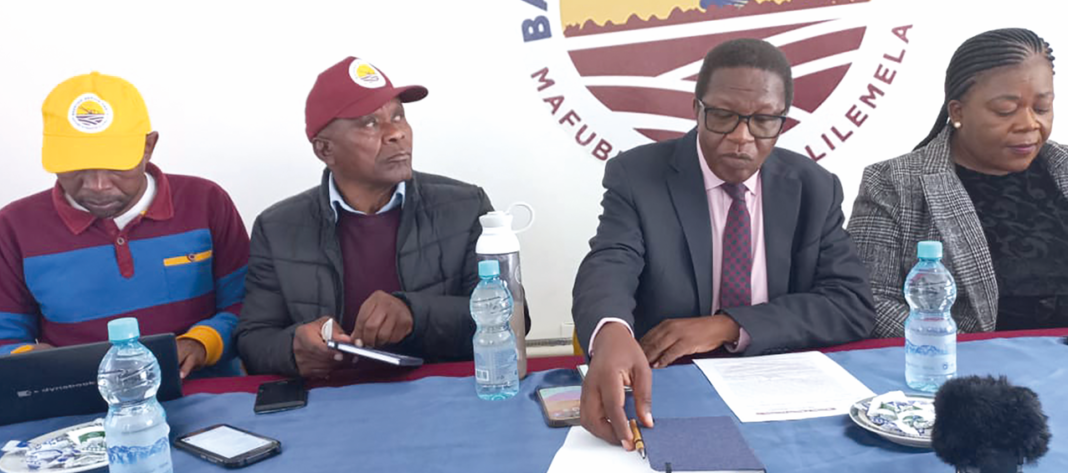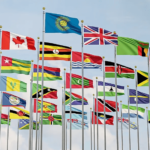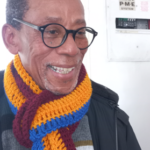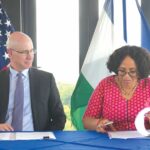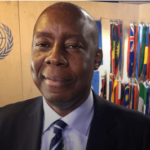… Calls for new bilateral framework based on Ireland–UK model
The Basotho Action Party (BAP) has called for a new framework to strengthen diplomatic and socio-economic ties between Lesotho and South Africa. The party argues that, as an enclave entirely surrounded by South Africa, Lesotho should prioritise structured, mutually beneficial bilateral arrangements with its only neighbour.
Speaking to journalists earlier this week, BAP leader Professor Nqosa Mahao advocated for the adoption of the “Ireland–UK model” as a blueprint for enhancing cooperation between Lesotho and South Africa.
This call comes amid growing concerns over the treatment of Basotho in South Africa, particularly in the healthcare sector. Reports have emerged of South African citizens forcibly removing undocumented foreign nationals from public hospital queues, demanding they produce legal documents to access services.
Mahao highlighted the increasing vulnerability of Basotho migrants, many of whom travel to South Africa seeking economic opportunities due to limited prospects at home, only to face discrimination and exclusion.
He criticised the Lesotho government for what he described as its slow and muted response to the plight of its citizens abroad. As an example of effective diplomatic intervention, Mahao cited a case in which Botswana intervened on behalf of one of its nationals arrested in Malaysia on drug charges, urging due process and humane treatment.
In Parliament on Monday, Mahao raised a point of order under Standing Order No. 29, which allows the suspension of proceedings to deliberate on a matter of national importance. He sought an urgent debate on the reported persecution of Basotho in South Africa. However, Speaker Tlohang Sekhamane dismissed the motion, stating that Mahao must first provide evidence of these abuses, particularly those allegedly committed by members of Operation Dudula, the Patriotic Alliance, and other anti-immigrant groups.
Two days later, on Wednesday, the Speaker agreed to suspend proceedings for an hour to review the matter, including legal advice on how the National Assembly should address it.
South African anti-immigrant activists argue that undocumented migrants place undue strain on the country’s healthcare system. However, Mahao countered that denying migrants access to healthcare is a violation of international law and South Africa’s own Constitution.
“Section 27 of the South African Constitution guarantees everyone the right to access healthcare services, including reproductive healthcare, and it clearly states that no one may be refused emergency medical treatment,” Mahao said.
The Constitution’s Bill of Rights enshrines equality, dignity, and freedom for all individuals in the country, regardless of citizenship status. “Migrants are protected under these rights, including the right to life, security, access to information, and just administrative action,” he stressed.
The BAP leader criticised the Lesotho government’s alleged failure to engage the South African government on these violations. “We are taken aback by the silence of our government,” he said.
Mahao also questioned the effectiveness of the Bi-National Commission (BNC), which was convened in April to address key issues such as immigration, security, capacity-building, and the welfare of citizens in both countries. He said it remains unclear what, if anything, resulted from that meeting.
He referred to relaxed border arrangements in other Southern African countries, for example, where citizens of Botswana and Namibia or Zimbabwe and Zambia are reportedly allowed to cross borders using national identity cards. He said such measures could ease the burden on Basotho travelling to South Africa for essential services.
Mahao revealed that the previous Joint Bilateral Commission on Cooperation (JBCC), which preceded the BNC, had directed officials to study the Ireland–UK model and report back to ministers. However, he lamented that the directive appears to have been ignored.
He warned that unless the government takes deliberate steps to improve its engagement with South Africa, Basotho citizens will continue to suffer.
Understanding the Ireland–UK model
The Ireland–UK model, also known as the Common Travel Area (CTA), allows citizens of both countries to live, work, and access services in either jurisdiction without immigration restrictions. The CTA predates both countries’ EU memberships and has remained in place post-Brexit.
Under this framework, Irish and British citizens enjoy equal access to healthcare, social services, education, and housing. They can also vote in each other’s parliamentary elections. Notably, the 1998 Good Friday Agreement allows individuals born in Northern Ireland to identify as Irish, British, or both, with the right to corresponding citizenship recognised in international law.
In July 2025, the UK introduced the British Nationality (Irish Citizens) Act 2024, which streamlines the process for Irish citizens to acquire British citizenship without needing to take the English or Life in the UK tests. This move further strengthens reciprocal rights and demonstrates an ongoing commitment to deep, cooperative ties.
BAP believes that a similar arrangement could enhance the lives of Basotho migrants in South Africa while fostering stronger political and economic cooperation.
Professor Mahao concluded by recalling the historic solidarity Lesotho showed during the liberation struggles of its neighbours. He indicated that at the National University of Lesotho (NUL), 21 percent of student intake was reserved for young people from countries such as South Africa, Namibia, and Zimbabwe.
Summary
- As an example of effective diplomatic intervention, Mahao cited a case in which Botswana intervened on behalf of one of its nationals arrested in Malaysia on drug charges, urging due process and humane treatment.
- Two days later, on Wednesday, the Speaker agreed to suspend proceedings for an hour to review the matter, including legal advice on how the National Assembly should address it.
- Mahao also questioned the effectiveness of the Bi-National Commission (BNC), which was convened in April to address key issues such as immigration, security, capacity-building, and the welfare of citizens in both countries.
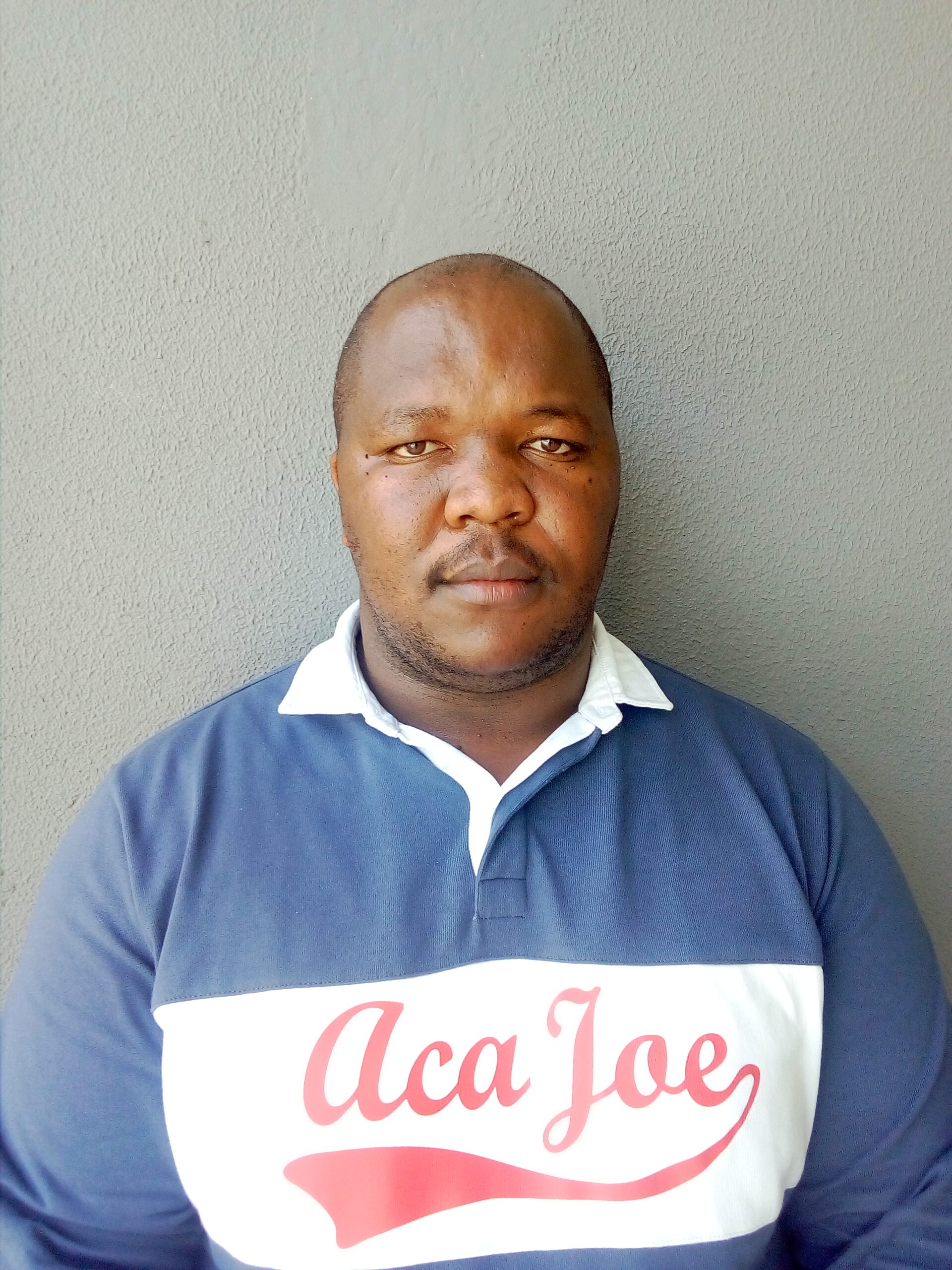
Thoboloko Ntšonyane is a dedicated journalist who has contributed to various publications. He focuses on parliament, climate change, human rights, sexual and reproductive health rights (SRHR), health, business and court reports. His work inspires change, triggers dialogue and also promote transparency in a society.


